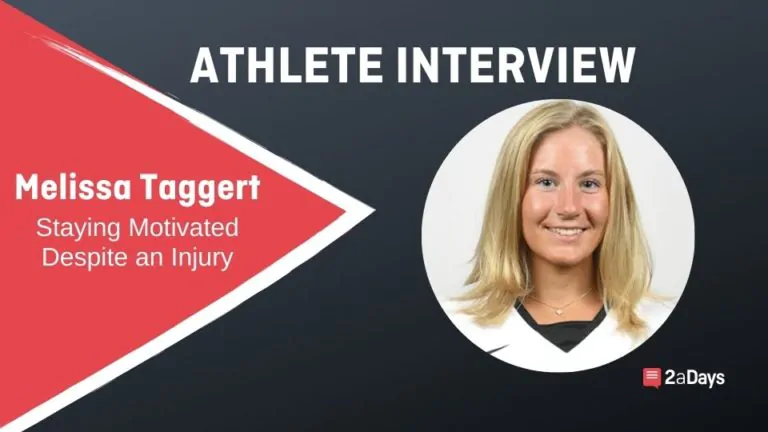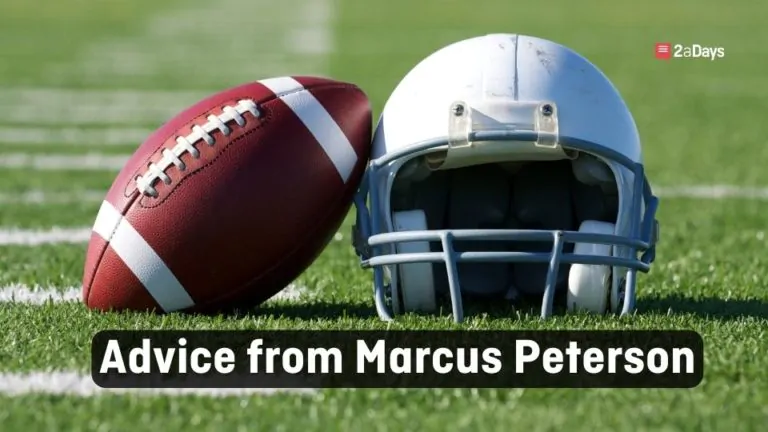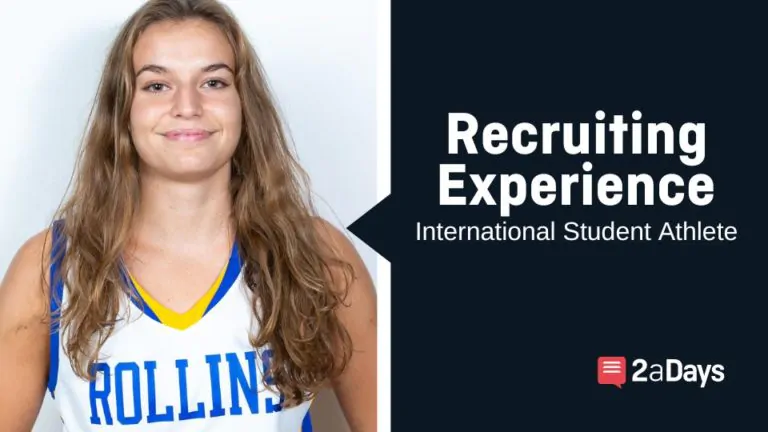When you're a potential prospect, the recruiting process can seem uncertain. If you can have a good understanding of college athletics, then you are on your way to a good start. This level is a lot less stressful than DI and DII. You also want to research the coach as well as the school. Having a well-rounded coach can also make for a solid college sports career. You can look at all of the coach ratings and reviews on our site; this will help you compare and contrast coaches.
Contrary to popular belief, DIII athletics provides the most significant number of opportunities and scholarships. If you are looking to pursue an athletic career in DIII sports.
Understanding DIII Athletics:
Not all athletes understand DIII athletics and their culture. A smaller college or university can allow you to have a well-rounded college experience. Let's get right into understanding what happens at the DIII level. Traveling during the season isn't nearly as intensive as the big DI programs. Unless you are going away for spring break or you are competing in the NCAA championship, you will most likely be traveling to games via bus. This means you won't be missing as many classes as a DI athlete would. Offseason is where you will have the opportunity to study abroad, get a job, an internship, and focus on your academics.
Many athletes also opt for DIII athletics, so they do not have to deal with all the NCAA rules that DI and DII have to deal with. With less stress, you will be able to focus on what is truly important, and that is your academics. DII institutions mandate that the students put academics before athletics. There is a healthy balance of academics, athletics, and social life.
When competing for a DIII school, please understand that your practices will not be long or as stressful as the other two divisions. This does not mean that you will not have a consistent schedule because you will have to follow the NCAA rules and will have to abide by what is expected from your coaches.
One downside to competing at the DIII level is that you will not get the expose that the DI and DII levels will receive. , DIII sports get very little national tv time. So if you are looking to be on tv, DIII is not for you. In fact, this is even less, since the Division III basketball championships were taken off of television and relegated to the Internet.
If you are one of those athletes that played more than one sport growing up, a DIII school should be on your radar. You will be able to play two sports more easily than a DI or DII insititution.
A few other reasons why a DIII is a healthy option for athletes: There will be smaller class sizes, knowing your professors by their first names, more free time to get involved with extracurricular activities, and you will have a social life. Another benefit is your coaches will genuinely care about your academics. In fact, the NCAA itself cites academics as the primary focus of Division III athletes. All in all, the balance of the environment at a DIII school sets up student-athletes for success on the field, in the classroom, and prepares them for the workforce.
Do Your Research:
During the recruiting process, it is easy to get swept off your feet with coaches contacting you. Make sure the schools that you are looking at are the right fit for you athletically and academically. Researching the athletics at the school is paramount. Here are a few examples: Check the roster to see how many players are already in your position, watch live streaming games to see if you have a comparable playing style, see what the facilities are like, ask how many players are in your recruiting class, lastly, check the ranking and winning record over the past five years. A lot of top DIII programs are highly competitive and are also recruiting potential DI players.
Pro Tip: Visit as many colleges as possible, even if they are close to where you live, so you can determine what you do and do not like about colleges. It will make it easier to narrow down your list from early on. It is a good idea to have a list of pros and cons of the college/coach/sport.
Be Proactive:
DIII college coaches have less money to work with, especially when it comes to recruiting. There are also limited rules for player/coach contact and visiting colleges. Please be sure to check the NCAA rules on when you can contact a coach; all sports have different dates. That being said, being proactive and reaching out to coaches early on can only benefit your recruiting process. You want to build a relationship with a potential college coach. Emailing or filling out a recruiting questionnaire can be a good first step, but if you feel strongly about a school, call the coach and let them know. It shows initiative and lets him know that you are serious about adding value to their program. Do not give up until you hear a firm, ” I'm not interested.” Check your emails on a regular basis, and when a coach reaches back out to you, you need to respond in a timely manner. If you are no longer interested in a school please be respectful and inform the coach that you are talking to. It's a small world and coaches talk to one another.
Pro Tip: Do not let your parents do all the work for you; you need to form a relationship with the potential coach. The coach will want to speak with you and get a sense of who you are as a person, so take the initiative.
Scholarships:
According to the NCAA, DIII is the largest division, and 82% of DIII athletes receive a scholarship averaging around $17,000, but none are athletic. To put things into perspective, 55% of DI athletes receive scholarships. How is this possible? DIII colleges provide a plethora of grants, need-based and merit-based scholarships that are open to any athlete. The NCAA research states that there are 442 DIII Schools across 34 different states. The academic and admissions requirements are different from DI and DII schools.
D III schools, generally speaking, have access to a good amount of funding, which can replace their lack of athletic scholarships.
Athletes can take advantage of grants that are non-athletic and scholarships, but you will have to work hard for good grades in order to meet the standards necessary for scholarships.
Pro Tip: Be sure to communicate with the coach and admissions and explain what you are looking for as far as a scholarship is concerned this way they can plan accordingly.
Personal perspective:
Navigating the DIII recruiting process is not glamorized as DI, but it can be just as exciting. You have the chance to dive into each program and decide which school, social setting, and athletic program is best for you. When I was going through the recruiting process, I took 3 DIII recruiting trips to Middlebury College, Skidmore College, and Brandeis University . Ultimately, I decided to attend Skidmore, but throughout my visits, I was able to bond with the team, meet the coach, sit in on classes and get a good indication of what the culture was like for a college athlete.
One of the best components of being recruited to a DIII college was that the classes were very small and intimate. I also noticed that student engagement was very high in the classroom. To this day, I still visit Skidmore, and I make it a point to chat with my former professors, but most importantly, the professors take an interest in my business, 2aDays. I graduated with a business degree from Skidmore, and the professors are still willing to give me advice, which you might not get at the DII and DIII level. I can not thank the business professors enough. I also had a fantastic soccer coach, Lacey Largeteau, who cared about each and every one of us, she wanted all of us to succeed on and off the field. Lacey taught us to work hard, and then you can play hard. Lastly, It is easy to get a full experience at a DIII school in just one day, which may not be possible at a big university.
Let's face it; Division III athletics provides a well-rounded collegiate experience. You will have a balance of competitive sports, rigorous academics, and the opportunity to pursue extra-curricular activities.
Updated: 12/4/19
* Originally published on June 5, 2017, by Keirsten Sires







